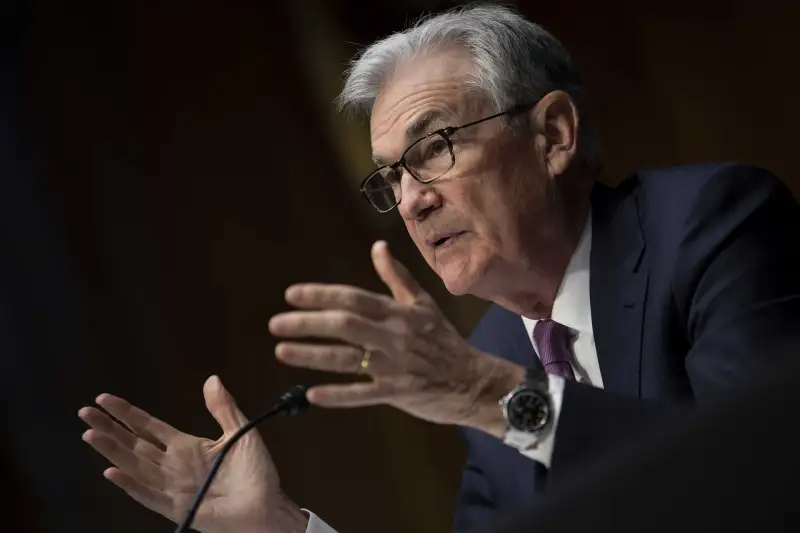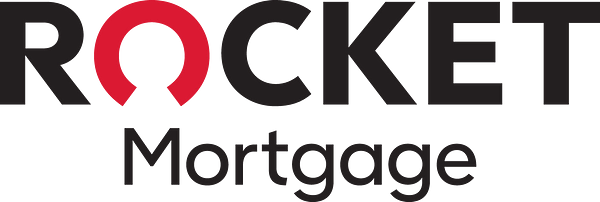Why You Should Refinance Your Mortgage Before the Fed Raises Interest Rates

The window of opportunity is shrinking for homeowners who haven’t taken advantage of two years of record-low interest rates to refinance their mortgages.
Following the Federal Reserve’s Federal Open Market Committee's first policy meeting of the year Wednesday, the Fed said in a statement that a rate hike would be appropriate "soon." Markets expect this means the Fed will increase the federal funds rate at its next meeting in March. Such a move would put upward pressure on already rising mortgage rates.
The Fed does not set mortgage rates. It does set the federal funds rate, the short term rate at which banks can borrow from each other. A jump in this rate increases lender costs, which they pass on to mortgage borrowers in the form of higher mortgage rates.
“When the Fed is in an environment where they’re raising rates, we tend to see all interest rates move higher including mortgage rates,” explains Danielle Hale, chief economist at Realtor.com. A higher federal funds rate can also mean higher borrowing costs for student loans and personal loans, as well as higher payments in high-yield savings accounts.
For homeowners considering a mortgage refinance, Hale recommends acting sooner rather than later, as she expects the overall trend of increasing rates to continue. “In this environment,” she says, “it doesn’t make sense to wait.”
Why are mortgage rates rising?
To be clear, mortgage rates are already rising since lenders, investors and economists all expect a change in Fed policy in the near future.
Mortgage rates have risen for four weeks in a row, clocking major increases since the start of January. Current mortgage rates stand at 3.56%, an increase of 0.45 percentage points in the first three weeks of 2021. (Rates rose a total of 0.46 percentage points through all of 2021.)
Why is the Fed making a change now? A lot has to do with inflation, which hit a 40-year high of 7% in December. Put simply, labor and supply shortages are pushing prices up, which makes your dollar less valuable. The hope is that increasing interest rates can slow that loss in value.
“That’s a big about-face,” says Hale, noting that as recently as November a rate hike before the fall seemed unlikely. “You’re seeing that change of opinion reverberate throughout the interest rate environment.”
The refinance window is smaller now — but it’s still open
While rising rates have narrowed the pool of eligible candidates, they are still low enough for millions of homeowners to benefit from a refi.
There are currently 5.9 million well-qualified homeowners — those who have at least 20% equity in their home and a credit score of at least 720 — who could reduce the current mortgage rate by at least 0.75 percentage points by refinancing at current mortgage rates, according to mortgage data provider Black Knight. These homeowners could save an average of $275 per month over their existing 30-year mortgage.
“We have seen the number of homeowners who could benefit from a refinance cut in half since the start of the year,” says Andy Walden, vice president of enterprise research and strategy at Black Knight. “The clock is most certainly ticking.”
There may be additional savings available to homeowners who consider moving from a 30-year loan to a 15-year.
The interest rate on a 15-year fixed-rate loan is nearly three-quarters of a percentage point lower than the 30-year rate (3.56% versus 2.79%). These homeowners may not see a reduction in their monthly payments, but it could save on interest in the long run and reduce their total payback time.
What’s next?
What happens to mortgage rates next will depend on how the Fed’s initial change in rates impacts the economy. Most economists are expecting each federal fund rate hike to be 0.25 percentage points, which may point to a more gradual increase in mortgage rates.
However, some economists believe the Fed may become more aggressive in trying to curb inflation and could increase the rate by as much as 0.50 percentage points each time.
While any increase in the federal funds rate will likely push rates higher, Hale doesn’t expect the rapid pace of increase we’ve seen over the first few weeks of 2022 to last, noting that rates may even see occasional dips throughout the year.
More from Money:
8 Best Mortgage Refinance Companies of January 2022
What the Fed's Impending Rate Hikes Mean for Stocks, Crypto and More

